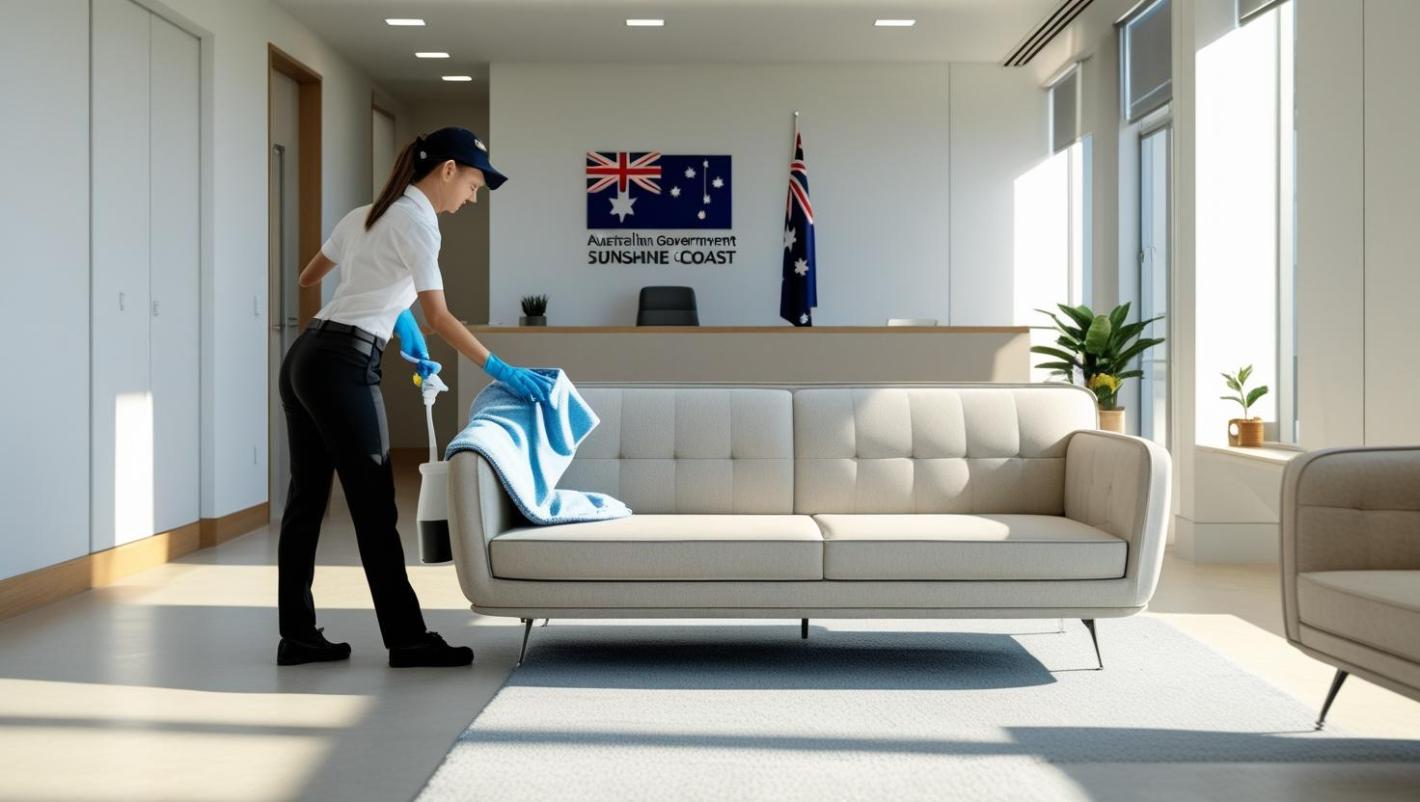The Movie Domain and Its Political Economy
Entertainment is not only cultural, but political and economic. The film industry with the help of online sites such as 123moviesmirrors shows that the interconnectedness of the world is transforming the way regulation, commerce and artistic influence. In our digital age, the screen is no longer a window into the narrative, it is a battleground of digital sovereignty. It is also one of the main sources of global capital.
Cinematic Cultural Diplomacy
Films make an impact on the world vision on the most basic level.
Countries invest in movie production not just to make money but also to carry out cultural diplomacy. It is through cinematic productions of movies as a way of cultural soft power to sell their values, lifestyle, and national pride. Whenever a movie arrives to international audiences, it brings with it the nuances of social norms and political opinions of its home country.

The international performance of different national cinemas can be used as an example of a non-military instrument of acquiring international fame. This soft power may be turned into some real economic gains which proves that the movie domain is a part and parcel of the foreign policy of a state.
Intellectual Property and Regulation
With the rise in streaming, this has left policymakers with a challenge to do like never before. The challenges include the balance between free access and enforcing intellectual property (IP) rights. Such controversies influence both the way viewers watch content and the way artists make money. The digital aspect of the movie world implies that information can go beyond the conventional boundaries, frequently ending in the gray area of law.
Economic Implication of Digital Entertainment
Streaming is a billion dollar contribution to the world GDP. It produces an enormous eco-system that goes way beyond the participants on the screen. High-tech jobs created among software engineers and huge expenditure in the ad industry. The creation of telecommunication infrastructure are among the effects of this.
Digital entertainment is being considered by the local governments as a modern economic policy building block. Many regions are offering competitive tax breaks and subsidies as part of an effort to attract major productions. A single film shoot can put millions of dollars into a local economy in the areas of hospitality, construction and specialized services. In addition, the transition of the physical media to the digital subscription model has developed a recurrent revenue model. It stabilizes the financial perspective of the entertainment industry, which has turned it into a desirable target of the institutional investor and venture capital.
Business-Political Synergy
The ecosystem in the movie domain is a combination of corporate inventiveness and political control. The two sectors should work together in order to promote fair play and equal accessibility among everyone. Such synergy can be seen in the fact that trade agreements currently contain certain clauses on digital services and data flows.

 Urban infrastructure silently carries the weight of modern civilization. Beneath every street, a complex network of pipes ensures sanitation, yet these systems often age faster than they are repaired. This neglect leads to leaks, soil contamination, and unnecessary waste. What many people overlook is that the path toward sustainable cities is not just lined with solar panels or electric buses, but also with smarter underground solutions that protect the environment where we cannot see it.
Urban infrastructure silently carries the weight of modern civilization. Beneath every street, a complex network of pipes ensures sanitation, yet these systems often age faster than they are repaired. This neglect leads to leaks, soil contamination, and unnecessary waste. What many people overlook is that the path toward sustainable cities is not just lined with solar panels or electric buses, but also with smarter underground solutions that protect the environment where we cannot see it.


 Korea’s economy is one of the fastest-growing in Asia, attracting attention from investors and policymakers worldwide. Staying updated on the latest business trends and political developments is crucial for professionals, entrepreneurs, and anyone interested in the country’s market. Fortunately, curated online resources can simplify this task by providing reliable information in one convenient location.
Korea’s economy is one of the fastest-growing in Asia, attracting attention from investors and policymakers worldwide. Staying updated on the latest business trends and political developments is crucial for professionals, entrepreneurs, and anyone interested in the country’s market. Fortunately, curated online resources can simplify this task by providing reliable information in one convenient location.
 Bourbon’s rise to global prominence began quietly but has grown into a powerful force reshaping liquor markets worldwide. This distinctly American spirit, born in Kentucky’s rolling hills, now commands attention from Tokyo to London. Its surge in popularity, driven by a thirst for premium and craft varieties, is transforming international trade, fueling small business growth, and navigating complex political and regulatory landscapes. Let’s explore how bourbon is shaking up the global stage.
Bourbon’s rise to global prominence began quietly but has grown into a powerful force reshaping liquor markets worldwide. This distinctly American spirit, born in Kentucky’s rolling hills, now commands attention from Tokyo to London. Its surge in popularity, driven by a thirst for premium and craft varieties, is transforming international trade, fueling small business growth, and navigating complex political and regulatory landscapes. Let’s explore how bourbon is shaking up the global stage. Strict environmental policies and energy efficiency standards are shaping the air conditioning industry in Australia. From refrigerant regulations to minimum energy performance requirements, businesses must comply with a growing list of government mandates to stay operational. These rules ensure that air conditioning systems contribute to sustainability while maintaining high performance.
Strict environmental policies and energy efficiency standards are shaping the air conditioning industry in Australia. From refrigerant regulations to minimum energy performance requirements, businesses must comply with a growing list of government mandates to stay operational. These rules ensure that air conditioning systems contribute to sustainability while maintaining high performance.